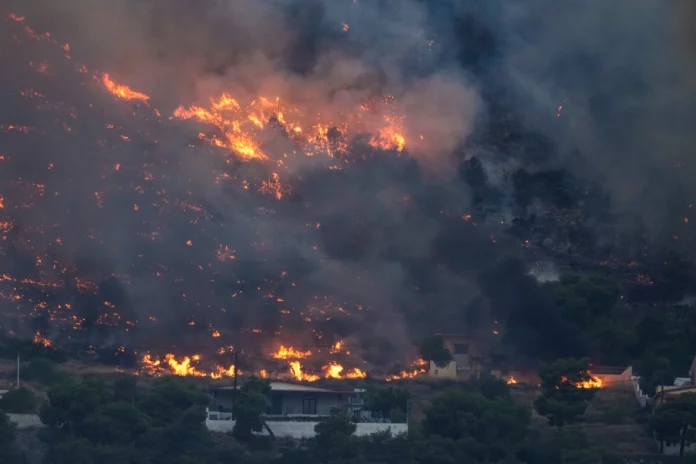Deadly wildfires have burned for a third day west of the Greek capital, Athens. The blaze has destroyed forests and homes, forcing thousands to flee. Authorities are bracing for a new heatwave that is likely to spark hellish conditions across the country.
Firefighters are battling wildfires across the region, and Europe, including Spain, Italy and Switzerland.
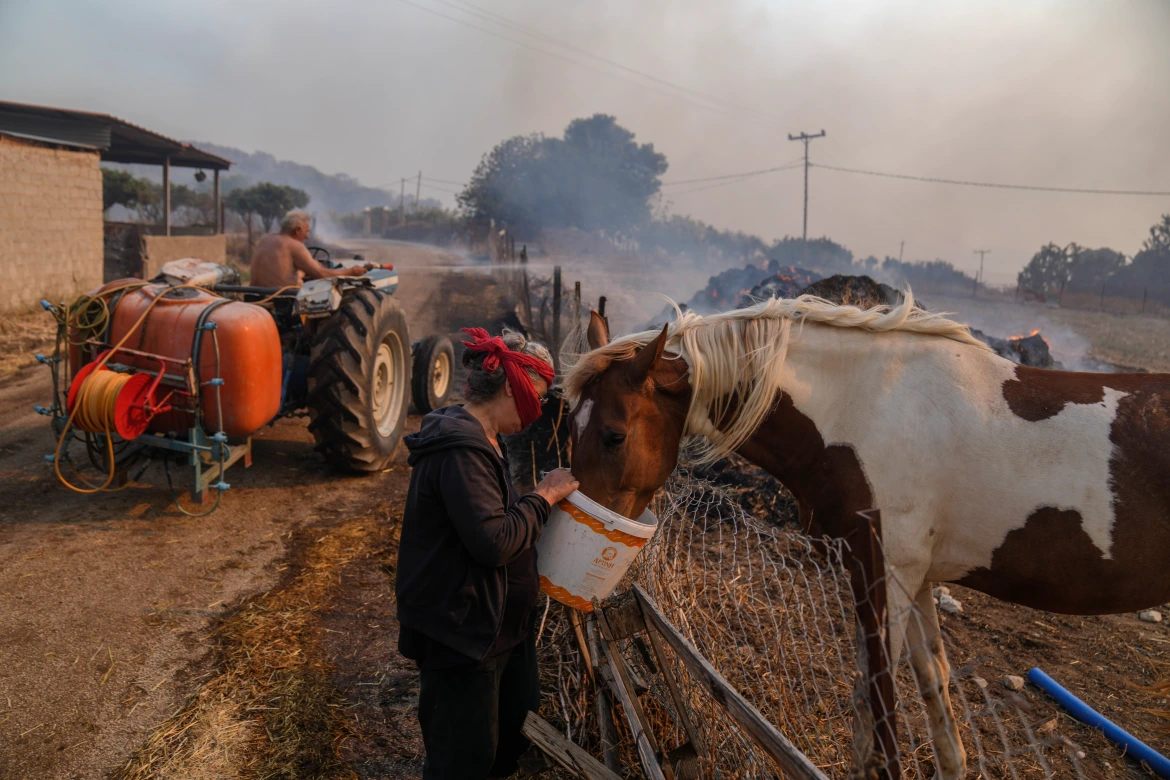
Like Prometheus dropped his torch
In Greece, the staff at the Acropolis in Athens plans to stop working for four hours each day starting on Thursday. They are in protest against working conditions during the heat, a union representing the workers has said. The Acropolis is one of Greece’s top tourist attractions.
In the towns of Mandra, west of Athens, and Loutraki, air water bombers resume operations battling fires. Residents reportedly told the BBC that damages from the fires could have been avoided if emergency teams responded sooner.
RELATED: Sailor and his dog saved after 3 months lost at sea
Meanwhile, the Greek fire service says it is doing the best it can to fight the flames in very poor weather conditions. They add that their main concern is protecting loves, saving belongings and the forests.
Back in the coastal town of Loutraki, 1,200 children had to be evacuated as flames encroached on their summer camp.
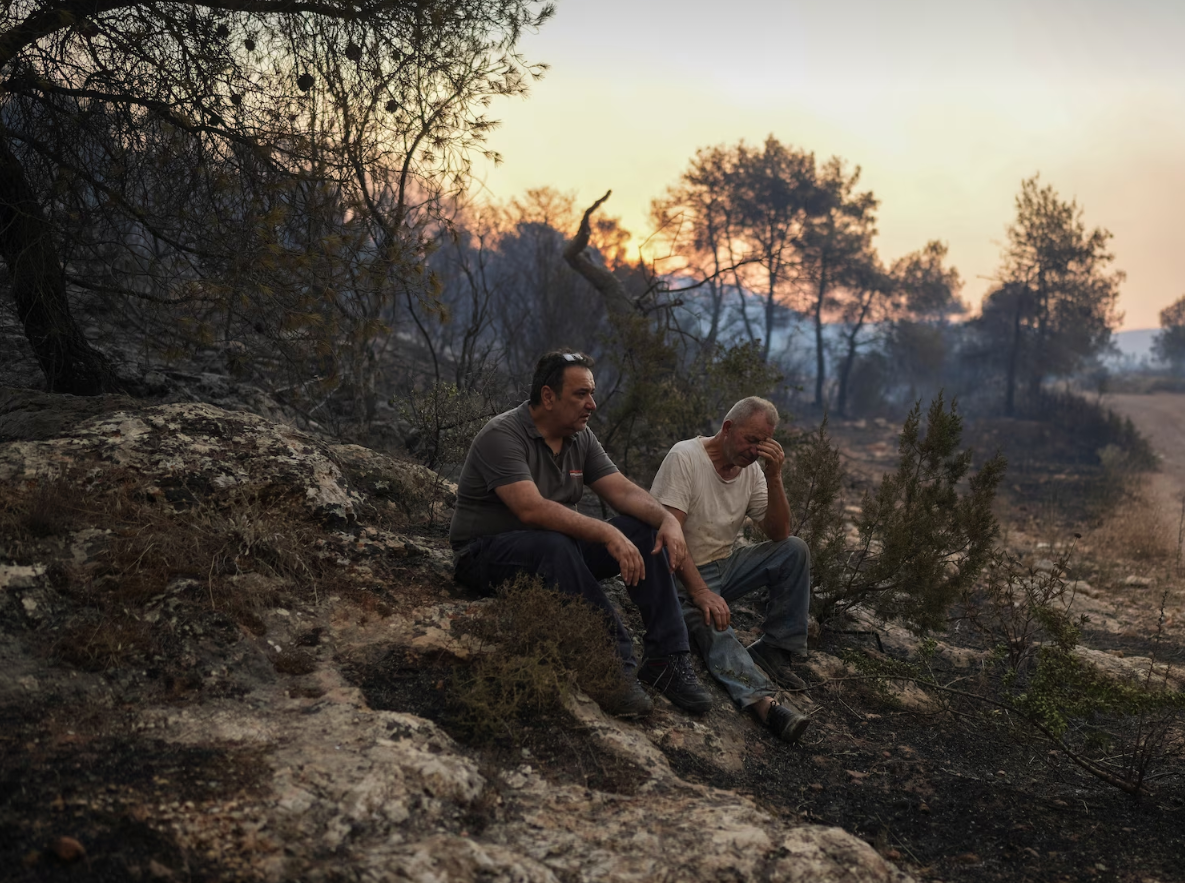
Major Italian cities on red heat alert
Red heat alerts – for extreme heat – are in place for most of Italy’s main cities. A catastrophic heatwave has been setting regions of Europe aflame, and continues to intensify.
The warnings mean that the heat poses a threat to everybody: not just vulnerable groups.
The heatwave is reportedly caused by a high pressure system, pushing warmer air, south of a jet stream stuck over central Europe.
RELATED: WC flood damage estimated at over R1 billion
The heat is forecast to last through Wednesday, followed by several days of temperatures in excess of 40C. Media reports indicate that parts of the Italian islands – Sardinia and Sicily – will be the hottest regions again. With high reaching approximately 46C or 47C.
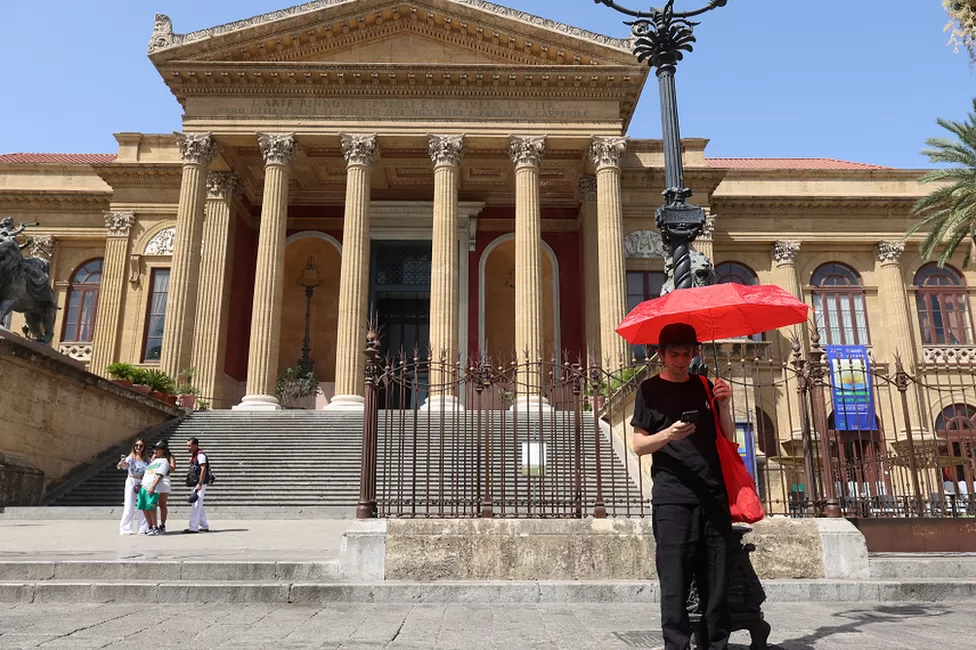
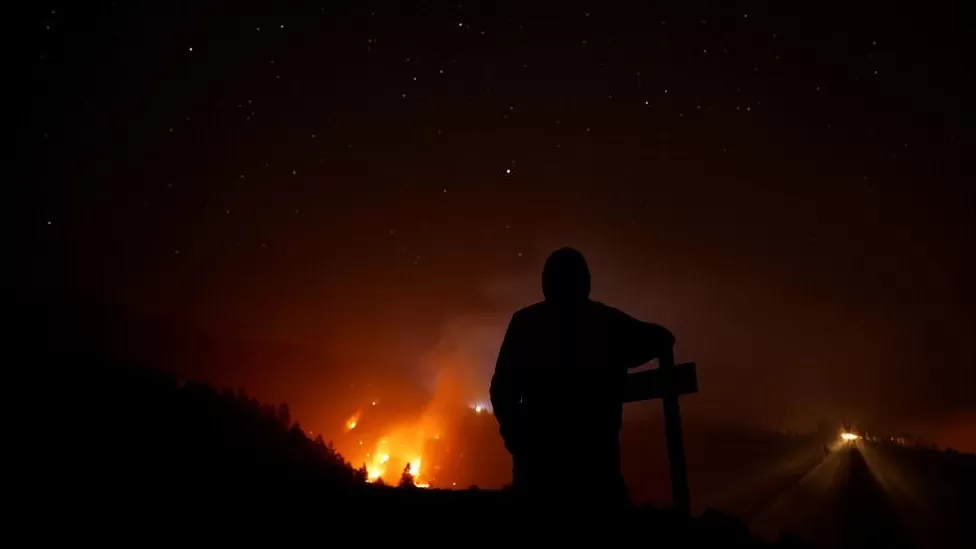
Fires rage in Spain
La Palma, a Spanish island, has been left devastated by wildfires. Fire crews managed to get the fire under control, thanks to cooler overnight temperatures. While the fire, which broke out on Saturday, weakened, there are still numerous active fronts.
Spanish authorities estimate that about 3,500 hectares and 20 buildings burnt. However, most of the 4,000 people evacuated on Saturday have already returned to their homes.

Scientists have reportedly long-warned that climate change will make heatwaves more intense, longer and more frequent. According to the experts, Europe in particular, is warming faster than most climate models predicted.
An estimated 61,000 people died from the heat, in Europe, last year.

